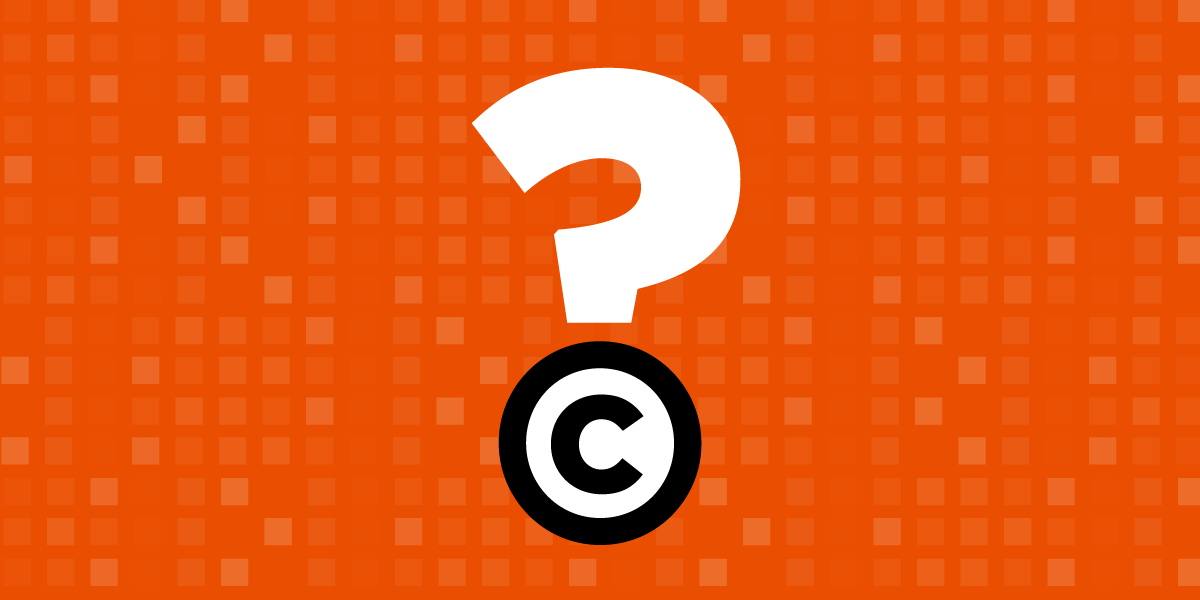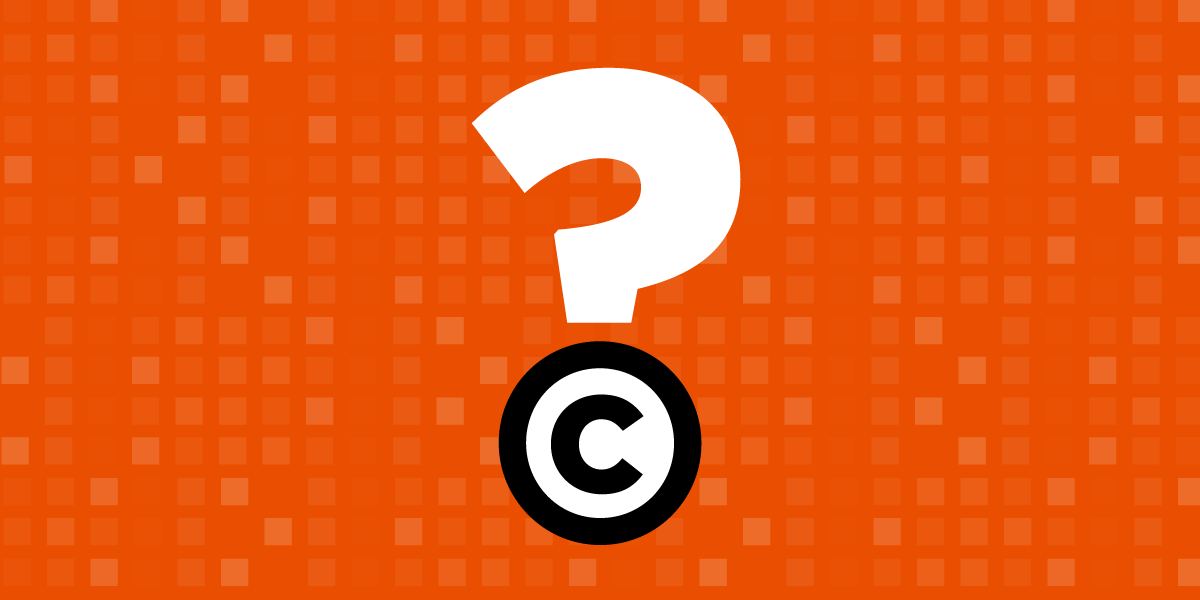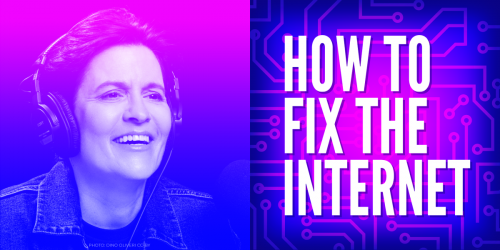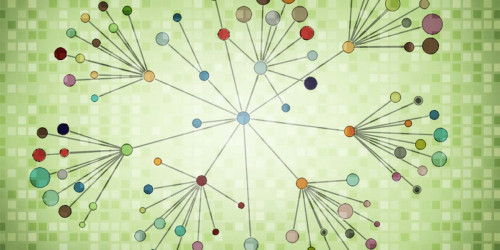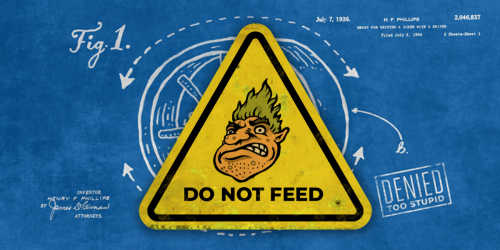In the midst of pandemic and protest, the Senate Judiciary Committee continued on with the third of many planned hearings about copyright. It is an odd moment to be considering whether or not the notice-and-takedown system laid out by Section 512 of the Digital Millennium Copyright Act is working or not, but since Section 512 is a cornerstone of the Internet and because protestors and those at home trying to avoid disease depend on the Internet, we watched it.
There was not a lot said at the hearing that we have not heard before. Major media and entertainment companies want Big Tech companies to implement copyright filters. Notice and takedown is burdensome to them, and they believe that technologists surely have a magic solution to the complicated problem of reconciling free expression with copyright that they simply have not implemented because Section 512 doesn’t require them to.
Artists have real problems and real concerns. In many sectors, including publishing and music, profits are high, but after the oligopolists of media and technology have taken their cut, there’s little left for artists. But the emphasis on Section 512 as the problem is misplaced and doesn’t ultimately serve artists. Before the DMCA created a way to take down material by sending a notice to platforms, the only remedy was to go to court. DMCA takedowns, by comparison, are as simple as sending email—or hiring an outside company to send emails on an artist’s behalf. The call for more Internet speech to be taken down automatically, on the algorithmic decision of some highly mistrusted tech monopolists, and without even an unproven allegation of infringement, is calling for a remedy without a process. It is calling for legal, protected expression to be in danger.
Artists are angry, as so many are, at Big Tech. But Big Tech can already afford to do the things that rightsholders want. And large rightsholders—like Hollywood studios and major music labels—likewise have an interest in taking down as much as they can, be it protected fair uses of their works or true infringement. That places Internet users in between the rock of Big Tech and the hard place of major entertainment companies. Artists and Internet users deserve alternatives to both Big Tech and major entertainment companies. Requiring tech companies to have filters, to search out infringement on their own, or any proposals requiring tech companies to do more will only solidify the positions of companies like Google and Facebook, which can afford to do these measures, and create more barriers for new competitors.
As Meredith Rose, Policy Counsel at Public Knowledge, said during the hearing:
This is not about content versus tech. I am here to speak about how Section 512 impacts the more than 229 million American adults who use the Internet as more than just a delivery mechanism for copyrighted content. They use it to pay bills, to learn, to work, to socialize, to receive healthcare. And yet they are missing from the Copyright Office’s Section 512 report, they are missing from the systems and procedures that govern their rights, and too often they are missing from the debate on Capitol Hill.
We likewise note the absence of Internet users—a group that grows and grows and, whether they identify themselves as such or not, now includes 90% of Americans.
During the hearing, a witness wondered if there was a generation of artists who will be lost because it is just too difficult to police their copyrights online. This ignores the generation of artists who already share their work online, and who run into so many problems asserting their fair use rights. We note their absence as well.
We have already gone into depth about how the Copyright Office’s report on Section 512—mentioned quite a bit in the hearing—fails to take users and the importance of Internet access into account. Changing the foundation of the Internet, throwing up roadblocks to people expressing themselves online, creating new quasi-courts for copyright, or forcing the creation and adoption of faulty and easily abused automated filters will hurt users. And we are, almost all of us, Internet users.


